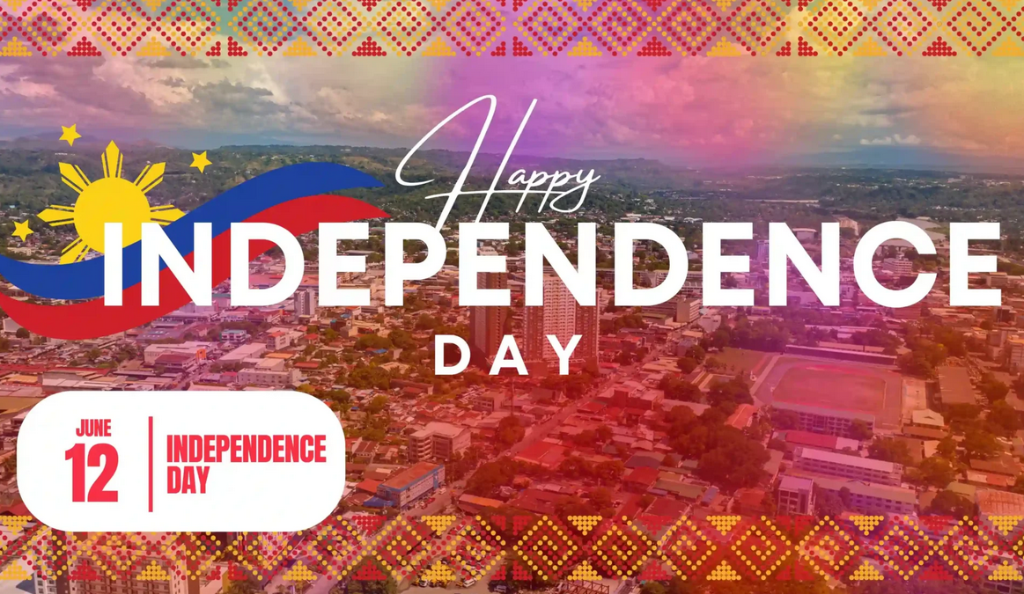MANILA – As the Philippines marks the 126th anniversary of its independence, we reflect on the nation’s enduring spirit and the pivotal moments that have defined its journey. The celebration of Independence Day on June 12th is a testament to the country’s rich history and the valiant efforts of those who fought for freedom from Spanish rule.
The declaration of independence in 1898 was the culmination of a long-fought struggle, characterized by the bravery of leaders such as José Rizal, Andrés Bonifacio, and Emilio Aguinaldo. These figures, among many others, played crucial roles in mobilizing the masses and igniting the flames of rebellion that would eventually lead to sovereignty.
The Philippine Revolution, which began in 1896, was a monumental event that exposed the weaknesses of the Spanish colonial administration and united Filipinos across the archipelago. Despite facing significant challenges, the Filipino revolutionaries’ determination never wavered, as they continued to fight for the right to self-governance and national dignity. The revolution’s success was not just in its military achievements, but also in its ability to foster a sense of national identity and purpose.
The independence movement was further galvanized by the execution of Dr. José Rizal, whose writings and advocacy for peaceful reform inspired a nation to seek liberty. His death became a rallying point, symbolizing the ultimate sacrifice for the cause of freedom. The Katipunan, a secret society founded by Andrés Bonifacio, grew rapidly in membership, reflecting the widespread desire for change and the readiness of the Filipino people to take up arms if necessary.
General Emilio Aguinaldo’s leadership was instrumental in the later stages of the revolution, as he took the reins and steered the movement towards its ultimate goal. The proclamation of independence on June 12, 1898, in Kawit, Cavite, was a historic moment, marked by the unfurling of the Philippine flag and the performance of the national anthem, which stirred the hearts and minds of all Filipinos.
Today, the celebration of Philippine Independence Day extends beyond the country’s borders, with millions of Filipinos around the world commemorating this significant day through various events and activities. Parades, cultural shows, and community gatherings serve as reminders of the shared heritage and the ongoing commitment to uphold the freedoms that were hard-won over a century ago.
As the Filipinos honor the 126th anniversary of Philippine independence, they remember the sacrifices made by their forebears and the continuous efforts to preserve the nation’s sovereignty. This day serves as an opportunity to educate the younger generation about the importance of independence and the values that underpin national identity. It is a day to celebrate unity, resilience, and the enduring hope for a prosperous future that reflects the aspirations of the Filipino people. (zai)

